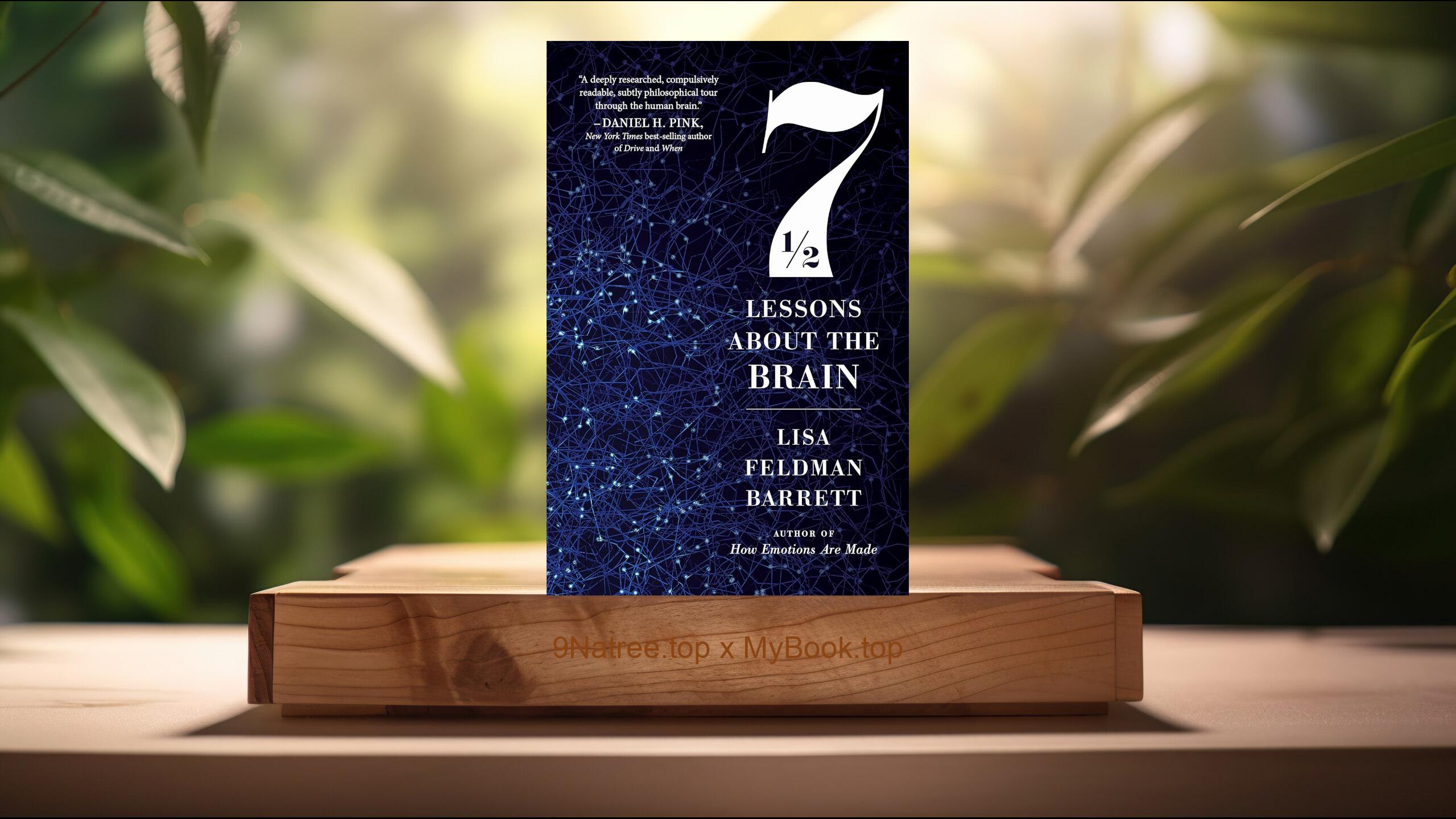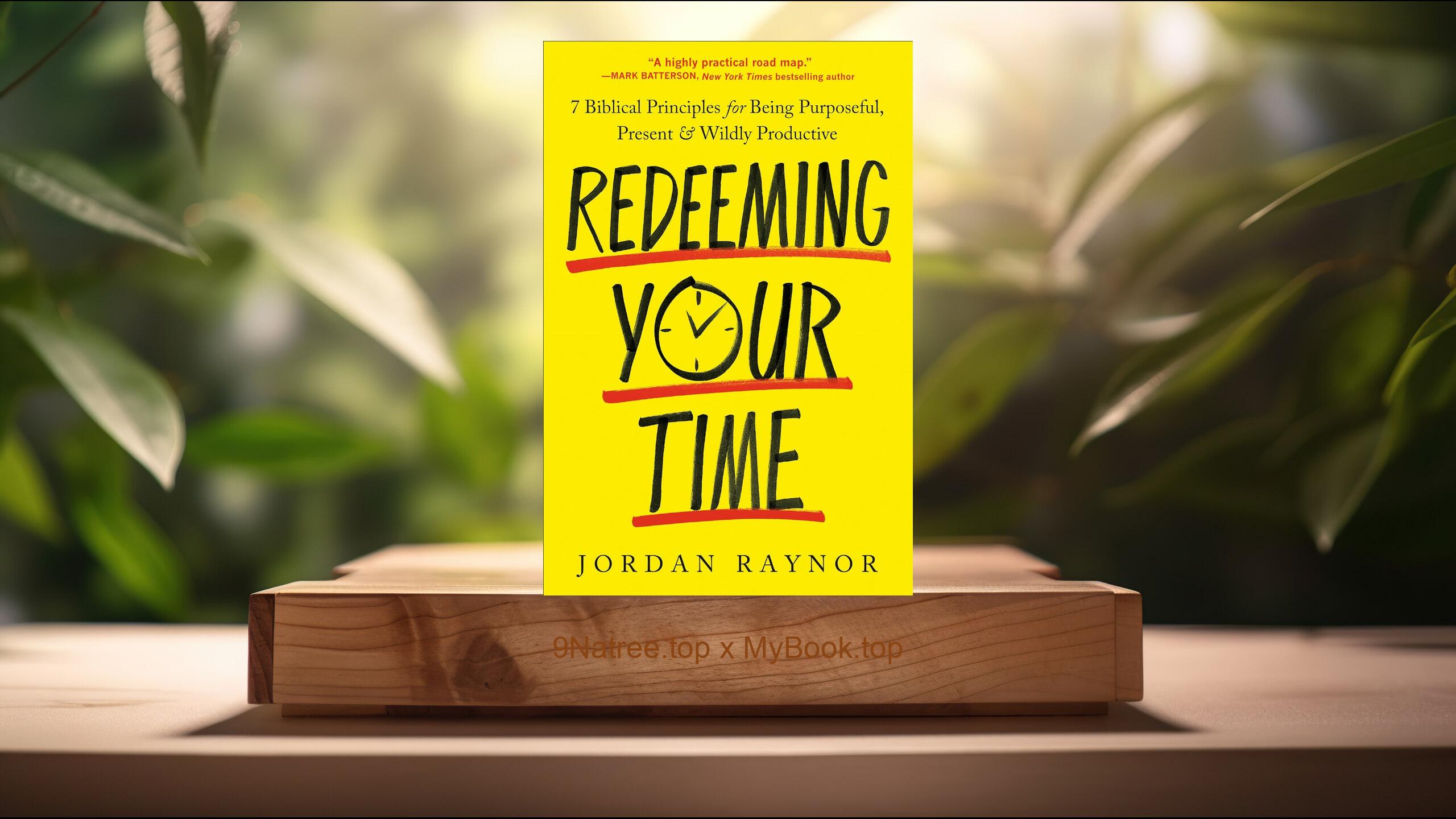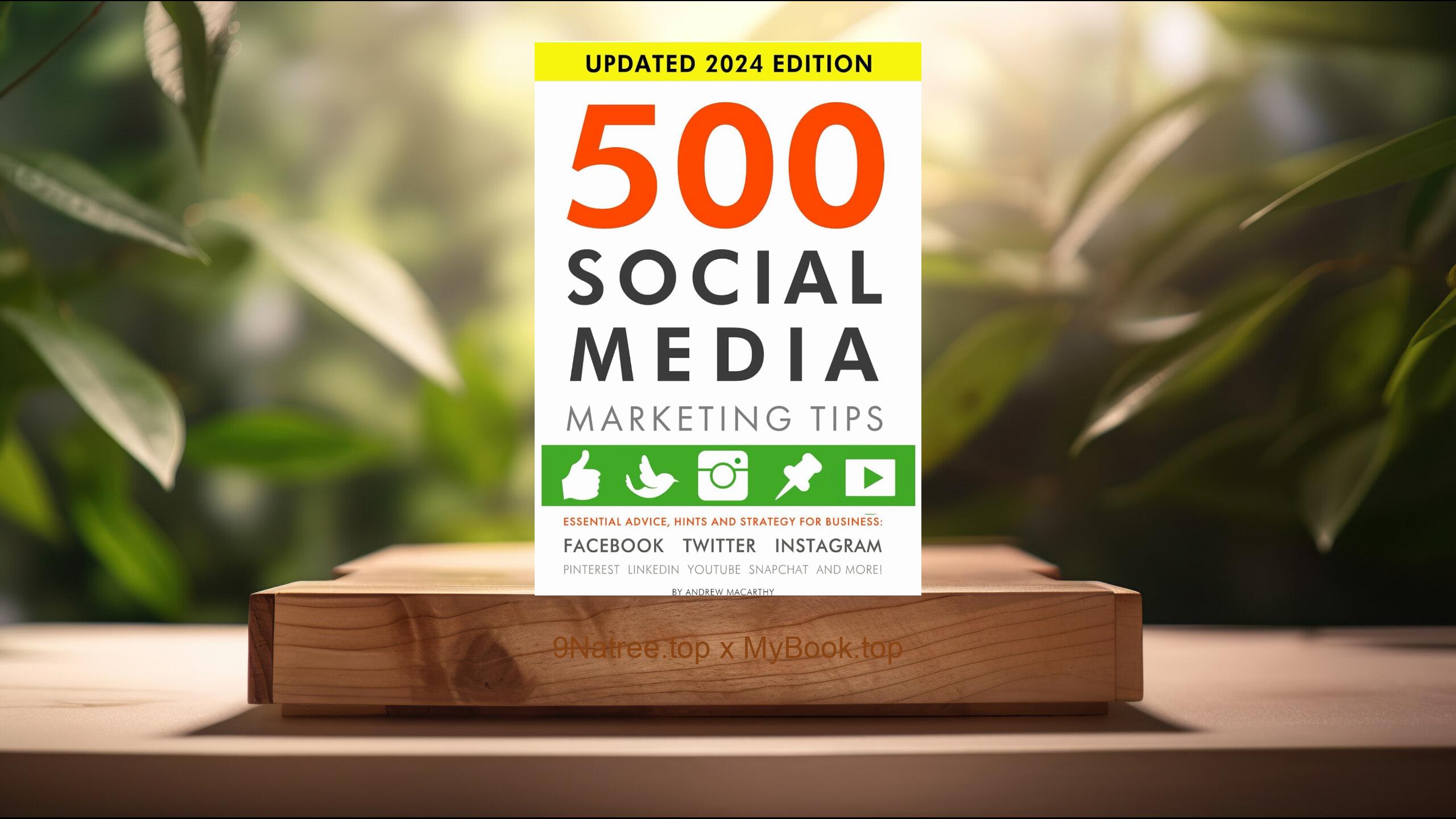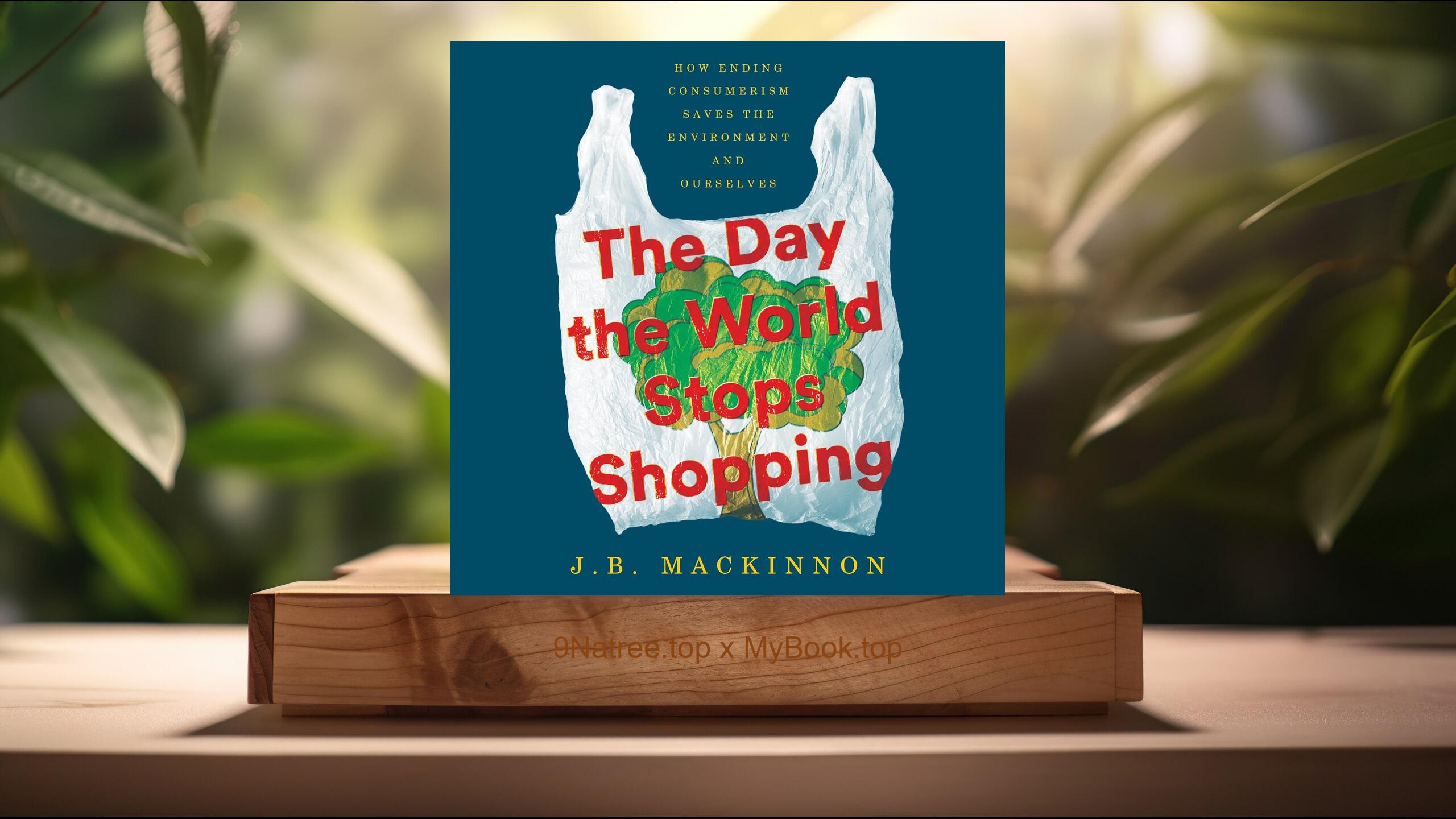Show Notes
- Amazon US Store: https://www.amazon.com/dp/B0C7MCCNSX?tag=9natree-20
- Amazon Worldwide Store: https://global.buys.trade/Dirty-Laundry-Richard-Pink.html
- Apple Books: https://books.apple.com/us/audiobook/dirty-laundry-why-adults-with-adhd-are-so-ashamed-and/id1691483102?itsct=books_box_link&itscg=30200&ls=1&at=1001l3bAw&ct=9natree
- eBay: https://www.ebay.com/sch/i.html?_nkw=Dirty+Laundry+Richard+Pink+&mkcid=1&mkrid=711-53200-19255-0&siteid=0&campid=5339060787&customid=9natree&toolid=10001&mkevt=1
- Read more: https://mybook.top/read/B0C7MCCNSX/
#ADHDinadults #Neurodiversity #Stigmaandshame #Mentalhealth #Managementstrategies #Systemicchange #Empowerment #Communitysupport #DirtyLaundry
These are takeaways from this book.
Firstly, Understanding ADHD in Adults, Attention Deficit Hyperactivity Disorder (ADHD) is widely recognized as a childhood condition, but it can persist into adulthood, affecting every facet of life. Richard Pink's 'Dirty Laundry' provides a comprehensive overview of what it means to live with ADHD as an adult. It covers the condition's hallmark traits—impulsivity, distractibility, and hyperactivity—while also pointing out the less discussed symptoms such as emotional dysregulation and time management difficulties. Pink emphasizes the need for greater awareness and understanding of these symptoms to foster empathy and support. He delves into the scientific underpinnings of ADHD, debunking myths and bringing to light the neurological aspects of the disorder. Through this comprehensive analysis, Pink aids readers in recognizing ADHD not as a flaw of character but as a neurodevelopmental disorder that requires a nuanced approach to management and support.
Secondly, The Stigma Surrounding Adult ADHD, One of the core issues explored in Richard Pink's 'Dirty Laundry' is the pervasive stigma attached to ADHD, especially in adults. Stigma manifests in various ways, from societal misconceptions that label those with ADHD as lazy or unintelligent, to the internalized shame felt by individuals struggling to meet the conventional expectations of adulthood. Pink explores how this stigma is perpetuated by media portrayals, lack of understanding in the workplace, and the medical community's sometimes dismissive attitude towards adult ADHD patients. He shares personal stories and others' experiences to highlight how stigma leads to underreporting and underdiagnosis, particularly among women and minorities. Pink stresses the importance of destigmatizing ADHD in creating a society that is inclusive and supportive of neurodiversity. By addressing the roots of stigma, Pink encourages a shift towards empathy and understanding, urging family members, employers, and healthcare providers to recognize the challenges faced by adults with ADHD and to provide appropriate accommodations and support.
Thirdly, Shame and Its Impact, At the heart of Richard Pink's 'Dirty Laundry' is the exploration of shame—a debilitating emotion that many adults with ADHD carry. Shame, as described by Pink, is not only a result of external judgment but is profoundly internalized, leading individuals to view themselves through a lens of perpetual inadequacy. This chapter delves into the vicious cycle of how unfinished tasks, forgotten commitments, and the struggle with everyday responsibilities lead to increased feelings of shame, further exacerbating ADHD symptoms. Pink handles the discussion with sensitivity and depth, providing insights into the psychological impacts of shame, including anxiety, depression, and low self-esteem. By unpacking the layers of shame associated with ADHD, Pink illuminates the path to overcoming this emotional hurdle. He advocates for self-compassion, understanding, and the importance of seeking supportive communities that foster acceptance and growth. Through personal anecdotes and evidence-based strategies, Pink offers a beacon of hope for individuals battling the weight of shame, guiding them towards reclaiming their self-worth.
Fourthly, Strategies for Managing ADHD, Richard Pink doesn't just diagnose the problems that adults with ADHD face; he also offers a lifeline in the form of practical strategies for managing the condition. 'Dirty Laundry' is replete with advice on everything from medication management to behavioral techniques that can help mitigate the impact of ADHD symptoms on daily life. Pink emphasizes the importance of structure and routine, suggesting organizational tools and strategies that can help individuals keep track of tasks and commitments. He explores the role of technology in assisting with management, highlighting apps and software designed to improve focus and time management. Furthermore, Pink discusses the critical importance of a supportive environment that includes understanding family, friends, and workplace accommodations, advocating for open dialogue about individual needs. His holistic approach also touches on the benefits of diet, exercise, and mindfulness practices, presenting a comprehensive guide for adults looking to navigate life with ADHD effectively.
Lastly, Advocating for Change in Society, The final pivotal theme of 'Dirty Laundry' by Richard Pink is the call for societal change in how ADHD is perceived and treated, particularly in adult populations. Pink argues that the issue goes beyond individual management and delves into the need for systemic shifts in the workplace, education, and healthcare systems to accommodate neurodiversity. He advocates for policy changes that recognize the unique challenges and strengths of individuals with ADHD, arguing for workplace adjustments, educational support, and improved access to specialized healthcare. By sharing compelling arguments and real-world examples, Pink encourages readers to become advocates for change, promoting understanding, acceptance, and support for adults with ADHD. He emphasizes the role of community, education, and advocacy in shifting the narrative from one of shame and stigma to one of empowerment and inclusion. Through a call to action, Pink inspires individuals, families, and professionals to work towards a society that embraces neurodiversity and provides the necessary support for all individuals to thrive.
![[Review] Dirty Laundry (Richard Pink) Summarized](https://episodes.castos.com/660078c6833215-59505987/images/1804800/c1a-085k3-ndw3zvzrc721-ngeki9.jpg)




